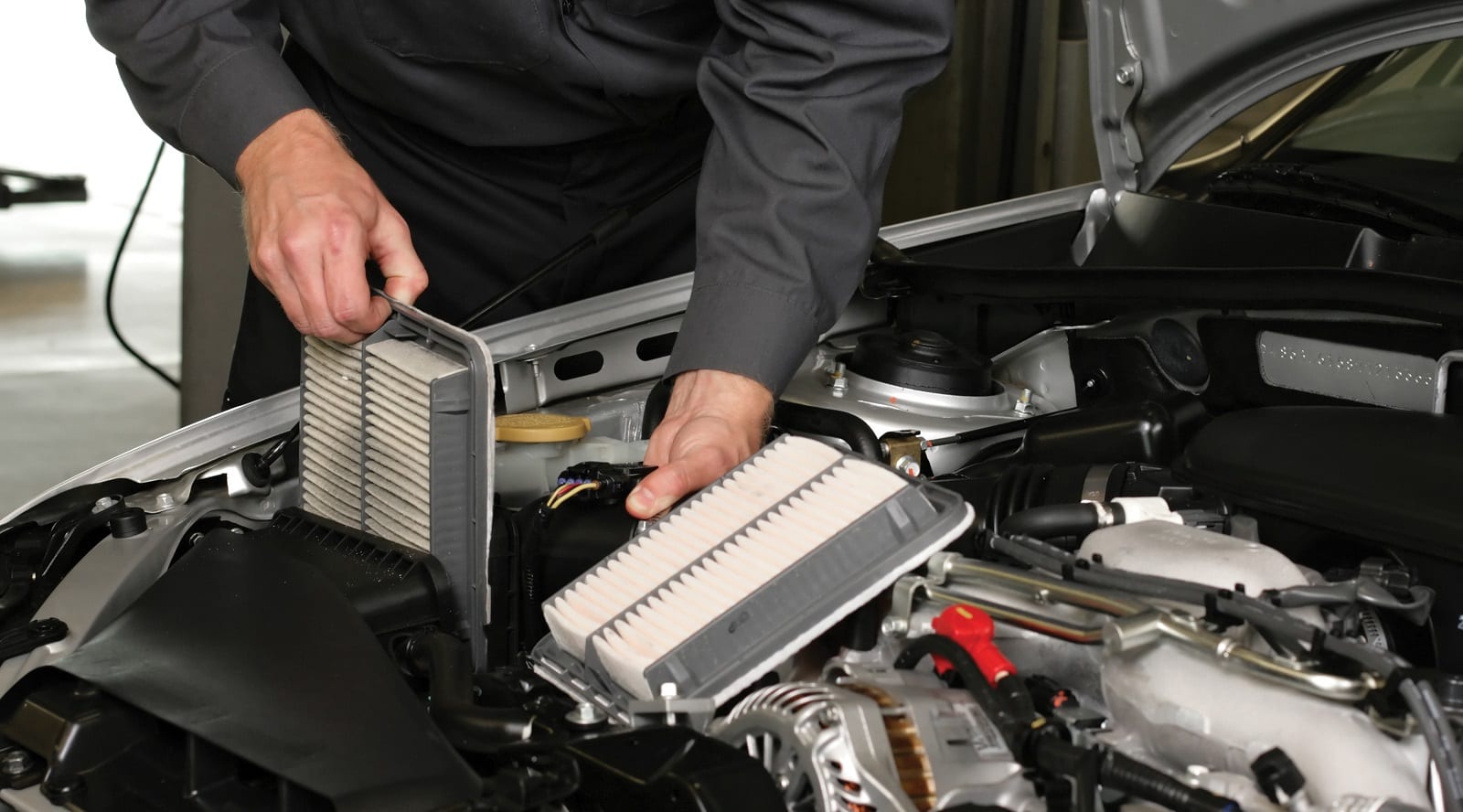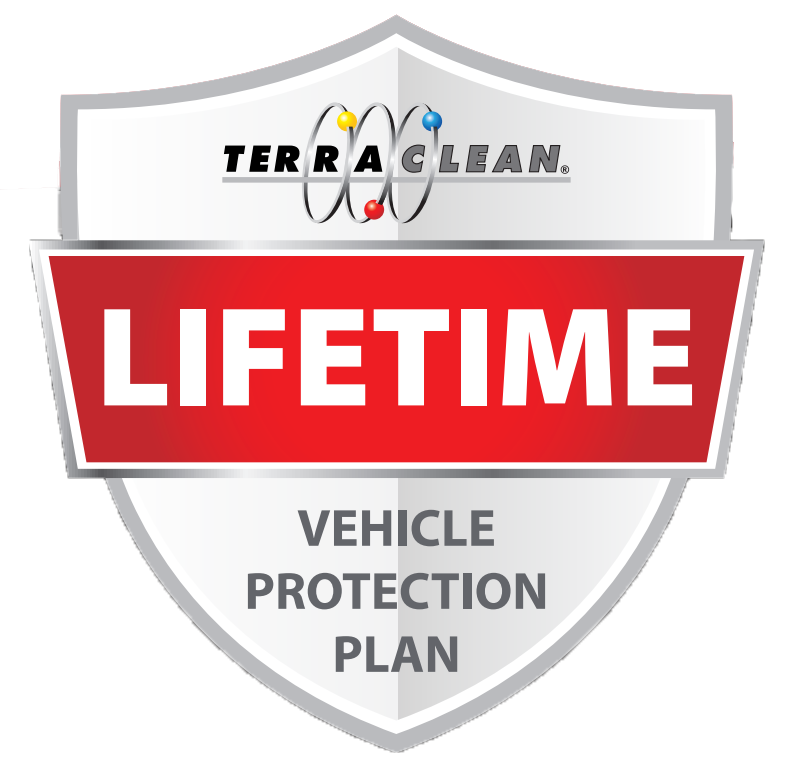The Importance of Regularly Changing Your Car Air Filter: A Complete Guide
If your car is not performing at its best, it might be time to check your car air filter. Many car owners underestimate the importance of regularly changing their car air filter, but this can significantly impact the vehicle’s overall performance.
Your car air filter plays a crucial role in keeping the engine clean and preventing debris from entering the combustion system. Over time, however, the air filter can become clogged with dirt, dust, and other particles, reducing the airflow and causing the engine to work harder than necessary. This, in turn, leads to decreased fuel efficiency, reduced horsepower, and even engine damage.
Regularly changing your car air filter can help improve fuel economy, enhance engine performance, and extend the lifespan of your vehicle. It is a simple and affordable maintenance task that can make a world of difference. So, how often should you change your car air filter? What are the signs that indicate it’s time for a replacement? This complete guide will answer all your questions and provide the essential information to keep your car running smoothly.
How air filters work in a car
Air filters in vehicles serve a vital function by ensuring that only clean air enters the engine’s combustion chamber. As the engine runs, it requires a steady flow of air to mix with fuel for combustion. The car air filter is strategically positioned in the intake system. It is a barrier against contaminants such as dirt, dust, pollen, and other particles that could harm engine components. When air flows through the filter, it is cleaned before entering the engine, preventing debris from causing wear and tear on internal parts.
As the air passes through the filter, it encounters a fibrous material that traps particles of various sizes. Depending on the filter type, this material can be made from several substances, including paper, foam, or cotton. The car air filter’s effectiveness is measured by its ability to allow airflow while capturing these contaminants. A clean air filter enables optimal airflow, which is crucial for maintaining the engine’s efficiency and performance. As the filter becomes clogged over time, it restricts airflow, leading to various engine performance issues.
Maintaining a proper balance of air and fuel is essential for the engine to run smoothly. When the air filter is obstructed, the engine struggles to draw in enough clean air, resulting in a rich fuel mixture that can lead to incomplete combustion. This situation not only diminishes engine power but can also increase harmful emissions. Therefore, understanding how air filters function is crucial for any car owner looking to maintain their vehicle’s performance and longevity.
The role of car air filters in maintaining engine performance
Air filters significantly preserve engine performance by ensuring efficient fuel combustion. A clean car air filter allows the engine to breathe correctly, optimizing the air-fuel mixture needed for combustion. When the air filter functions correctly, the engine achieves better throttle response, which translates to smoother acceleration and improved overall drivability. Conversely, a dirty or clogged air filter can lead to a sluggish engine, poor acceleration, and even stalling, making checking and replacing the filter regularly essential.
A clean car air filter enhances performance by providing the right amount of clean air, enabling the car to operate more efficiently and resulting in lower fuel consumption. Studies show that a clean air filter can improve fuel economy by as much as 10%, depending on driving conditions and habits. This benefits the car owner’s wallet and reduces the vehicle’s environmental impact by decreasing carbon emissions.
Another critical aspect of air filters is their role in preventing engine damage. Contaminants that bypass a dirty car air filter can cause significant harm to the engine over time. These particles can lead to increased wear on engine components, such as the cylinders and piston rings, ultimately resulting in costly repairs. By maintaining a clean air filter, car owners can protect their investment and ensure that their engine operates smoothly for years to come.
Signs that your car’s air filter needs to be changed
Several telltale signs indicate decreased engine performance. Sluggish acceleration, reduced power, or a rough idle could indicate that the air filter is clogged and restricting airflow. This condition can lead to a frustrating driving experience and should prompt an immediate check of the air filter.
Another sign to watch for is a decrease in fuel efficiency. If you find yourself making more frequent trips to the gas station without any change in your driving habits, a dirty car air filter might be the culprit. When the filter is blocked, the engine has to work harder to draw in air, which can lead to increased fuel consumption. Monitoring your fuel economy can help you identify if it’s time for an air filter replacement.
Additionally, unusual engine noises can indicate a problem with the air filter. If you hear a wheezing or hissing sound when accelerating, it may suggest that the filter is obstructed and the engine is struggling to intake enough air. In some cases, you might also notice the check engine light illuminating your dashboard, which can trigger various issues, including a dirty car air filter. If any of these signs are present, inspecting and potentially replacing the air filter to maintain optimal engine performance is crucial.
The benefits of regularly changing your car’s air filter
Regularly changing your car’s air filter offers numerous benefits that can greatly enhance the vehicle’s overall performance. One of the primary advantages is improved fuel efficiency. A clean air filter allows for optimal airflow to the engine, enabling it to operate more efficiently and burn fuel more effectively. This can lead to significant savings at the pump, especially over time, as a vehicle with a clean air filter can achieve better mileage than one with a clogged filter.
Another notable benefit is enhanced engine performance. When the air filter is clean, the engine can breathe freely, resulting in better acceleration and smoother operation. This is particularly important for drivers who rely on their vehicles for daily commuting or performance-oriented applications. A well-maintained air filter can contribute to a more responsive engine, providing a more enjoyable driving experience.
Moreover, changing your air filter regularly extends the lifespan of your engine. By preventing contaminants from entering the combustion chamber, a clean air filter reduces wear on engine components and minimizes the risk of costly repairs. This proactive maintenance can help car owners avoid significant expenses down the road, ensuring that their vehicles remain reliable and efficient for years to come. Overall, the simple task of changing the air filter can yield substantial long-term benefits for both the car and its owner.
How to change your car’s air filter
Changing your car’s air filter is a straightforward process that can be complex and requires the air filter housing, which is typically found near the engine and connected to the duct. Consult your vehicle’s owner manual for specific details regarding the filter’s location and the type of air filter your car requires. Once you’ve identified the housing, open it by unclipping or unscrewing the cover, depending on the design.
Next, carefully remove the old air filter from its housing. Be mindful of any dirt or debris that may have collected around the filter, as this can also affect engine performance. Inspecting the housing for any signs of damage or excessive dirt buildup is a good idea. If needed, wipe down the inside of the housing with a clean, dry cloth to ensure a clean environment for the new filter.
After cleaning, insert the new car air filter into the housing, ensuring it fits snugly and is properly aligned. Replace the cover of the housing, securing it with clips or screws as necessary. Finally, start the engine and listen for any unusual noises, confirming that the filter is installed correctly. Regularly changing your air filter is a simple yet effective way to maintain your vehicle’s performance and extend its lifespan.
Different types of car air filters
Several types of air filters are available to meet specific needs and preferences. The most common type is the paper air filter, made from pleated paper material. These affordable filters capture dirt and debris, making them suitable for most vehicles. However, they may need to be replaced more frequently, especially in dusty driving conditions.
Foam air filters are another option, often used in off-road and performance vehicles. Made from a sponge-like material, these filters can be cleaned and reused, making them a more sustainable choice in some cases. Foam filters typically offer excellent airflow and can be oiled for enhanced dirt-trapping capabilities. However, they may not provide the same level of filtration as paper filters, especially in urban environments.
Cotton air filters, often referred to as reusable or high-performance filters, are designed for long-term use. Made from layers of cotton fabric, these filters can be washed and re-oiled, allowing for multiple uses. While they tend to be more expensive upfront, their longevity and performance can make them a worthwhile investment for enthusiasts looking to maximize engine performance. Each filter type has advantages and disadvantages, so it’s essential to choose one that best fits your driving conditions and maintenance preferences.
Common mistakes to avoid when changing your car air filter
When changing your car air filter, there are several common mistakes that car owners should avoid to ensure a successful replacement. One of the most significant errors is neglecting to consult the owner’s manual for specific filter type and location instructions. Each vehicle is different, and using the wrong filter or failing to locate it properly can lead to complications or inefficiencies in engine performance. Always verify the specifications before purchasing a new filter.
Another mistake is not inspecting the air filter housing for debris or damage before installing a new filter. It’s essential to clean the housing and ensure it is free of dirt, dust, and other contaminants that could interfere with the new filter’s performance. Ignoring this step can lead to a buildup of debris that may clog the new filter more quickly, negating the benefits of the replacement.
Additionally, some car owners may not properly secure the air filter housing after changing the filter. Failing to fasten the cover or clips can cause air leaks, allowing unfiltered air to enter the engine. This can lead to reduced performance and potential engine damage over time. Always double-check your work to ensure everything is securely in place before closing the hood and hitting the road.
Recommended frequency for changing your car air filter
The frequency of changing your car air filter can vary based on several factors, including the make and model of the vehicle, driving conditions, and the type of air filter used. As a general guideline, most manufacturers recommend checking and replacing the air filter every 12,000 to 15,000 miles. However, if you frequently drive in dusty or polluted environments, you may need to change the filter more often, potentially every 6,000 to 10,000 miles.
It’s also essential to consider your driving habits. If you often engage in stop-and-go driving, your engine may work harder and draw in more contaminants, necessitating more frequent filter changes. Conversely, your air filter may last longer if you primarily drive on highways with minimal traffic. Regularly inspecting the filter during routine maintenance can help you determine the best schedule for replacement based on your unique driving conditions.
Lastly, pay attention to signs that indicate a dirty air filter, such as decreased performance or fuel efficiency. If you notice any of these symptoms, checking and potentially replacing the air filter, regardless of mileage, is advisable. Developing a maintenance routine that includes regular air filter checks can help ensure your vehicle remains in optimal condition and performs at its best.
Conclusion: The importance of regular air filter maintenance for optimal car performance
In conclusion, maintaining your car air filter is essential for optimal engine performance and longevity. Regularly changing the air filter ensures that your engine receives clean, unrestricted airflow, which is crucial for efficient fuel combustion. The benefits of a clean air filter extend beyond just engine performance; they also include improved fuel efficiency and reduced emissions, making it a vital aspect of vehicle maintenance.
By being aware of the signs that indicate Car owners can make informed decisions about their vehicle’s upkeep for car air filter replacement and understanding the various types of filters available, car owners can make informed decisions regarding the replacement process, leading to better outcomes and enhanced engine performance.
Ultimately, establishing a regular schedule for checking and replacing the air filter, based on your driving conditions and vehicle specifications, can help you safeguard your investment and ensure a smooth, reliable driving experience. Embracing this simple maintenance task can lead to significant long-term benefits for both your vehicle and the environment.


